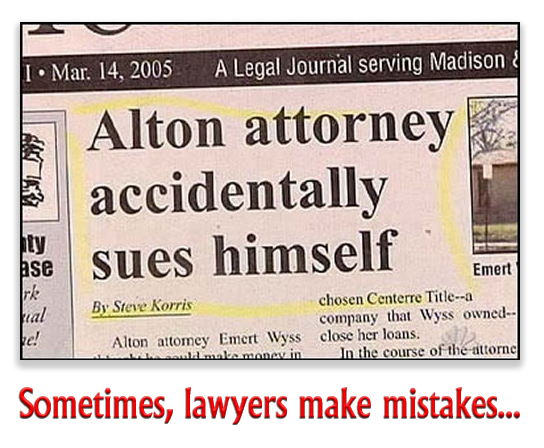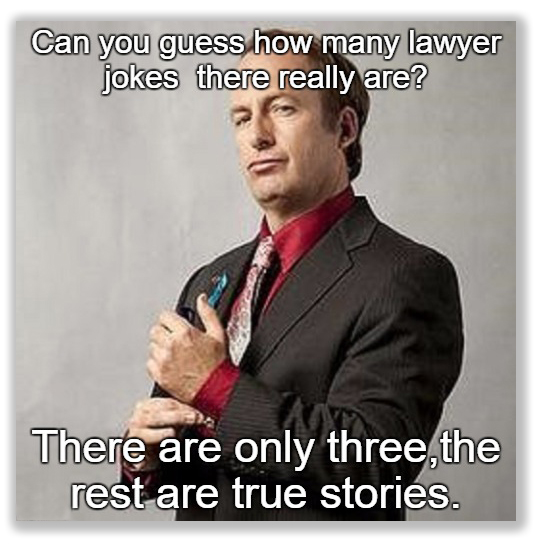We post news and comment on federal criminal justice issues, focused primarily on trial and post-conviction matters, legislative initiatives, and sentencing issues.

WAKE UP AND SMELL THE COFFEE
 I always start my day with a hot cup of Death Wish coffee. The caffeine jolt is sufficient to enable me to write about consequential but deadly dull topics, topics such as the “relation back” doctrine as applied to 28 USC § 2255 motions.
I always start my day with a hot cup of Death Wish coffee. The caffeine jolt is sufficient to enable me to write about consequential but deadly dull topics, topics such as the “relation back” doctrine as applied to 28 USC § 2255 motions.
I’ll wait while you pour another cup. Or two. This procedural topic is as dry as unbuttered toast, but it’s important to some folks.
“Some folks” includes Freddie Coleman. A decade ago, Fred was sentenced to life in federal prison for conspiring to distribute crack cocaine. The district judge based the sentence on 21 USC § 841(b)(1)(A), which (at the time) mandated a life sentence for a defendant with two or more prior drug distribution felonies. (The statute changed as a result of the First Step Act, but that change was not retroactive).
After losing his appeal, Freddie filed a pro se motion under 28 USC § 2255 to vacate his sentence, arguing that his attorney had provided ineffective assistance by not advising him early on that the government had filed a notice that he should get an enhanced sentence – in this case life in prison – because of some prior state drug distribution felonies. Such notices are filed pursuant to 21 USC § 851 and are generally known as “851 notices.”
Later, after the § 2255(f)5 deadline for filing passed – which usually is the cutoff for specifying the issues on which a § 2255 movant intends to proceed – Freddie tried to amend his pleading expanding on his allegations and claiming for the first time that his lawyer was also ineffective by failing to object to the § 851 notice on the grounds that under the categorical approach adopted in Taylor v. United States, Freddie’s prior Illinois cocaine convictions did not qualify as prior felony drug offenses given that Illinois defined “cocaine” more broadly than federal law.
 The district court ruled against Fred’s claim that his lawyer never told him about the potential life sentence. On top of that, the district court denied Freddie’s motion to amend, finding that the amendment did not “relate back” to his initial pleading as required by Federal Rule of Civil Procedure 15(c) because “the claims rested on distinct types of attorney misfeasance and were supported by different facts.”
The district court ruled against Fred’s claim that his lawyer never told him about the potential life sentence. On top of that, the district court denied Freddie’s motion to amend, finding that the amendment did not “relate back” to his initial pleading as required by Federal Rule of Civil Procedure 15(c) because “the claims rested on distinct types of attorney misfeasance and were supported by different facts.”
Last week, the 7th Circuit reversed, vacating Fred’s life sentence.
Everyone knows about statutes of limitations, laws that require people to file claims within a certain period of time or lose them forever. The same is true of adding new claims to an existing action: those new claims have to be raised within the limitations period or they are barred.
Rule 15(c) provides a limited exception to the limitations bar against amended claims. The subsection allows that “amendments relate back to the date of the original pleading when the claim asserted in the amended plea ‘arose out of the conduct, transaction, or occurrence set forth or attempted to be set forth in the original pleading.'” Fred argued that his claim that his attorney was ineffective not just in one way but in two where the § 851 notice was concerned was allowable because it all related back to the same transaction.
The Circuit agreed:
Even where an amendment invokes a legal theory not suggested by the original complaint and relies on facts not originally asserted,” the 7th said, “relation back is in order so long as the original and amended petitions state claims that are tied to a common core of operative facts… Even ‘significant’ changes to a complaint… can relate back so long as the defendant had fair notice of the substance of the new allegations from the outset.
Construing Fred’s original pro se § 2255 petition liberally, the Circuit ruled, “as we must… we conclude that the government was reasonably on notice of the claims contained within Coleman’s amended petition. Those claims are substantively similar in time and type to those asserted in his original motion: his attorney’s failure to provide legal advice as to the contents and impact of the § 851 notice.”
 Both of Fred’s claims – that his lawyer failed to advise him of the risks of a life sentence because of the § 851 notice and his lawyer’s failure to research whether the § 851 notice was right – challenged his attorney’s conduct as to the § 851 notice. But because the claims relied on different facts, the district court found, the amendment did not relate back. The appellate court thought this was “too crabbed a view” of Fred’s claims, “particularly given his pro se status at the time.”
Both of Fred’s claims – that his lawyer failed to advise him of the risks of a life sentence because of the § 851 notice and his lawyer’s failure to research whether the § 851 notice was right – challenged his attorney’s conduct as to the § 851 notice. But because the claims relied on different facts, the district court found, the amendment did not relate back. The appellate court thought this was “too crabbed a view” of Fred’s claims, “particularly given his pro se status at the time.”
Just because an amended claim “may involve some different facts than those originally alleged,” the Circuit held, “does not necessarily mean that that claim is not tied to the original claim via a common core of operative facts… Coleman’s success on either of his theories would require the district court to inquire into his attorney’s treatment of the § 851 notice and the adequacy of advice he provided to Coleman as to the impact the notice may have had on the case. This commonality is enough to unite the claims.” And because the government had gotten the district court to rule that Fred’s § 2255 motion meant he had waived the attorney-client privilege as to anything to do with the § 851 notice and the potential life sentence,” the government had the ability to “uncover the facts underlying Coleman’s amended claims.”
“Accordingly, the 7th said, “on balance, any prejudice the government may suffer by allowing the amended complaint to relate back to the original filing is outweighed by the preference expressed in the Federal Rules of Civil Procedure in general, and Rule 15 in particular, for resolving disputes on their merits.”
 After all of this dry resolution of Rule 15(c)’s “relation back” application to Fred’s case, the appellate court found that Fred’s attorney seemed to have dropped the ball by not arguing that the overbroad Illinois statute counted as a prior “felony drug offense” that would enhance his minimum sentence. “It would have been objectively unreasonable for Coleman’s defense counsel to have not even considered a categorical challenge to the government’s reliance on prior Illinois cocaine convictions to enhance Coleman’s sentence,” the Circuit said. “Of course, if counsel did consider the argument but had credible strategic reasons for not raising it, that would be a different question. But because the claim alleged in Coleman’s amended § 2255 motion, if proven, would entitle him to relief, we find that an evidentiary hearing on this issue is necessary. “
After all of this dry resolution of Rule 15(c)’s “relation back” application to Fred’s case, the appellate court found that Fred’s attorney seemed to have dropped the ball by not arguing that the overbroad Illinois statute counted as a prior “felony drug offense” that would enhance his minimum sentence. “It would have been objectively unreasonable for Coleman’s defense counsel to have not even considered a categorical challenge to the government’s reliance on prior Illinois cocaine convictions to enhance Coleman’s sentence,” the Circuit said. “Of course, if counsel did consider the argument but had credible strategic reasons for not raising it, that would be a different question. But because the claim alleged in Coleman’s amended § 2255 motion, if proven, would entitle him to relief, we find that an evidentiary hearing on this issue is necessary. “
Time for another cup of coffee…
Coleman v. United States, Case No. 22-1678, 2023 U.S. App. LEXIS 21201 (7th Cir. Aug. 15, 2023)
Taylor v. United States, 495 U.S. 575 (1990)
– Thomas L. Root



